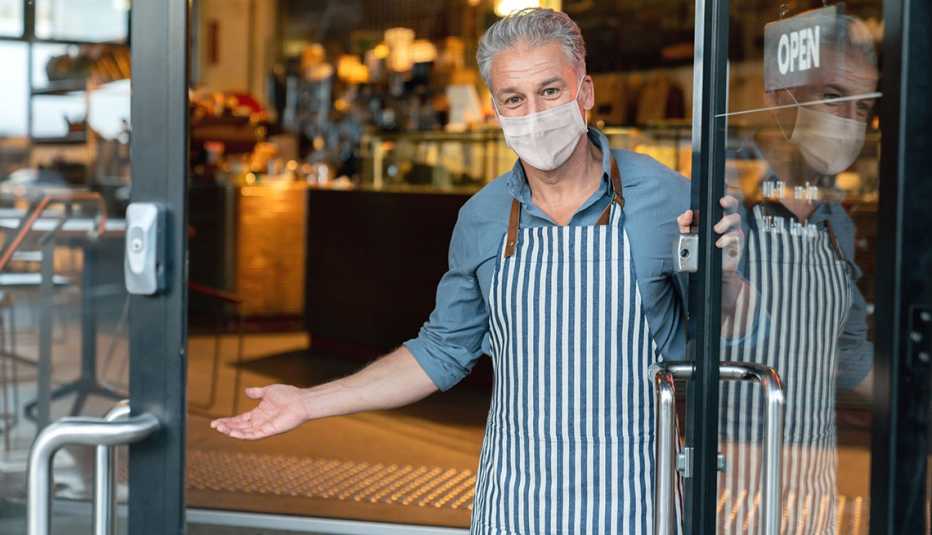AARP Hearing Center
On the morning of Dec. 22, 2018, sisters Nikki Howard and Jacqueline Wright awoke to the news of a government shutdown, which meant no paychecks for them for the foreseeable future. With Christmas just days away, their financial security was threatened.
Fueled by their mother’s encouragement, Howard turned to her recipe book and her sister with an idea. The women decided to use their baking hobby to support their families temporarily. They launched with just two cheesecake flavors but quickly attracted thousands of orders. Their business completely outgrew their kitchens in a matter of weeks. Today, Furlough Cheesecake has a store at the National Harbor near Washington, D.C., and has been profiled on The Ellen DeGeneres Show. A perfect storm where circumstance met opportunity gave birth to their thriving business, like the stories of many female founders.
Entrepreneurship in the quest for equality
Every March, we celebrate Women’s History Month with deep reflection on the contributions, sacrifices and advances of female historical figures. Each generation stands on the shoulders of the former seeking to achieve its own defining moments. In the 20th century, women’s suffrage was a centerpiece at the forefront of the national conversation on equality. In the 21st century, entrepreneurship could be the vehicle to equity, as women and their allies advocate for gender rights, inclusion in the workplace and financial security.
The boom of women-owned businesses in the past two years alone suggests a larger trend bubbling underneath the surface of the Great Resignation. Not only has the pandemic created job uncertainty for millions, but it also has accelerated the twin pressures of limited financial resources and increased caregiving demands. Many older women — aware of the biases of ageism and sexism — are choosing to find new ways to earn money in the face of such volatility.
In the 2019 study “Age and High Growth Entrepreneurship,” MIT researchers challenged the assumption that young people are more likely to produce the most successful new firms. According to their analysis, the most successful entrepreneurs are middle-aged, not younger. The typical age of founders among the fastest-growing new businesses in the study was 45.































































